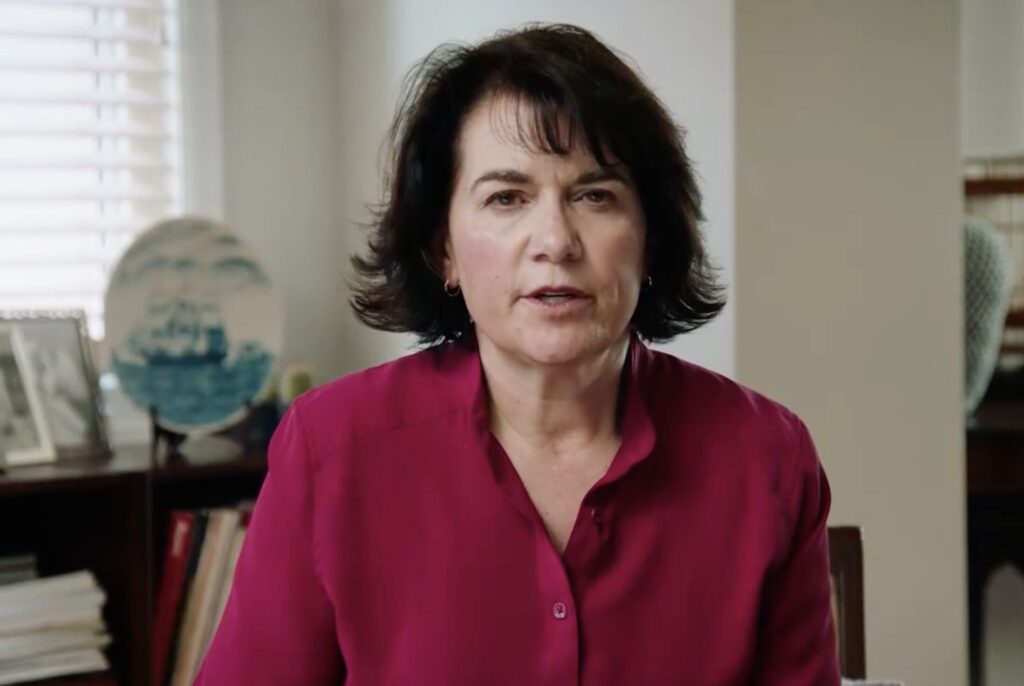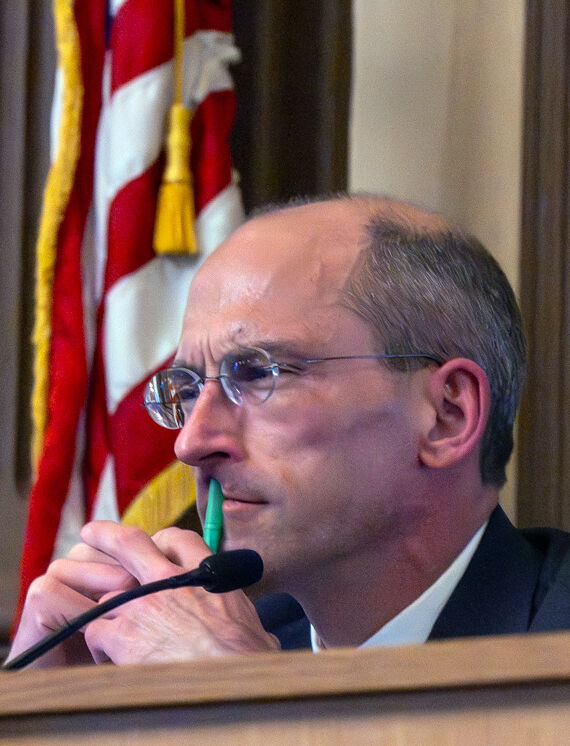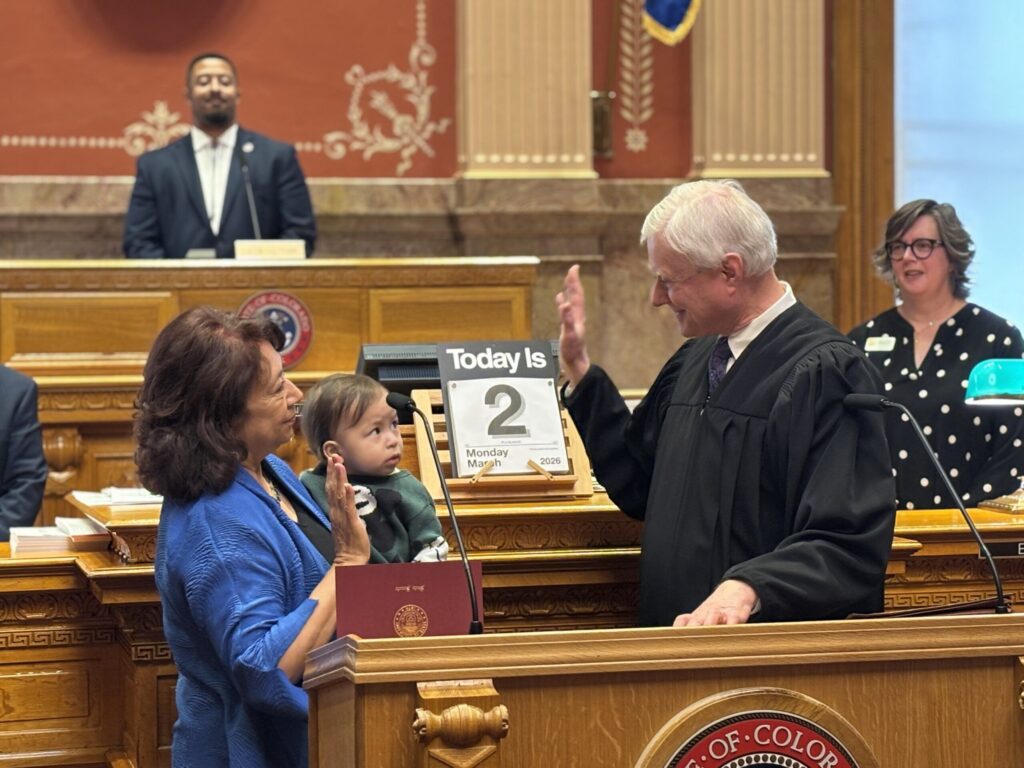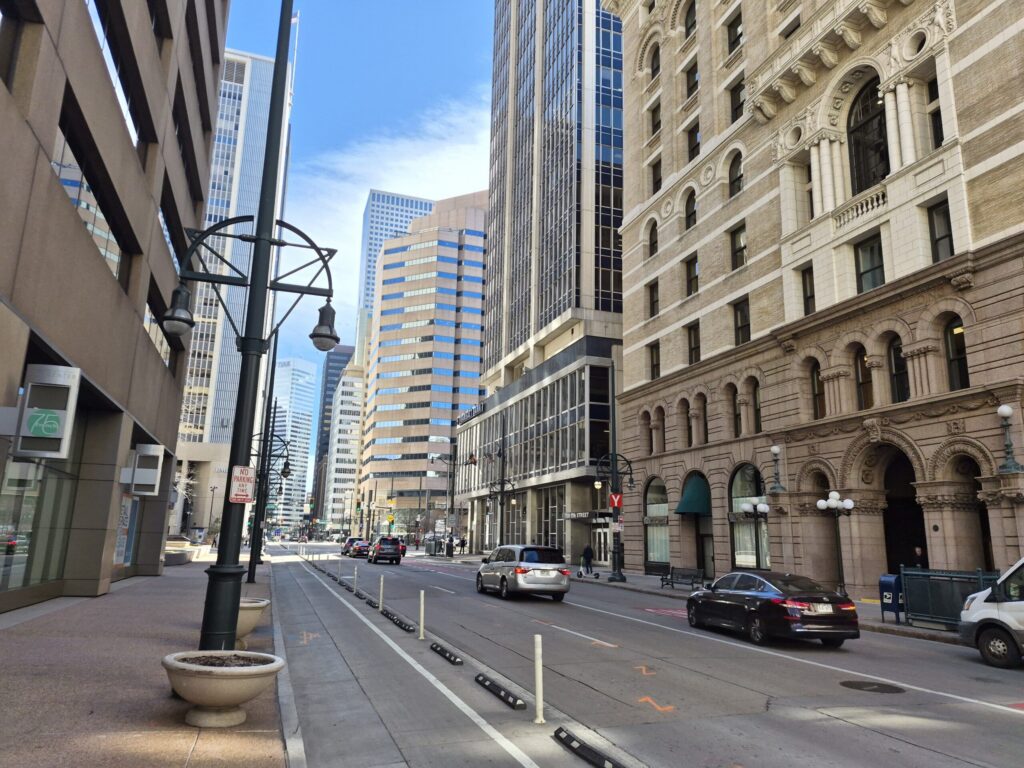Aurora officials suggest furloughs, using recession reserve funds to fill $20M budget gap
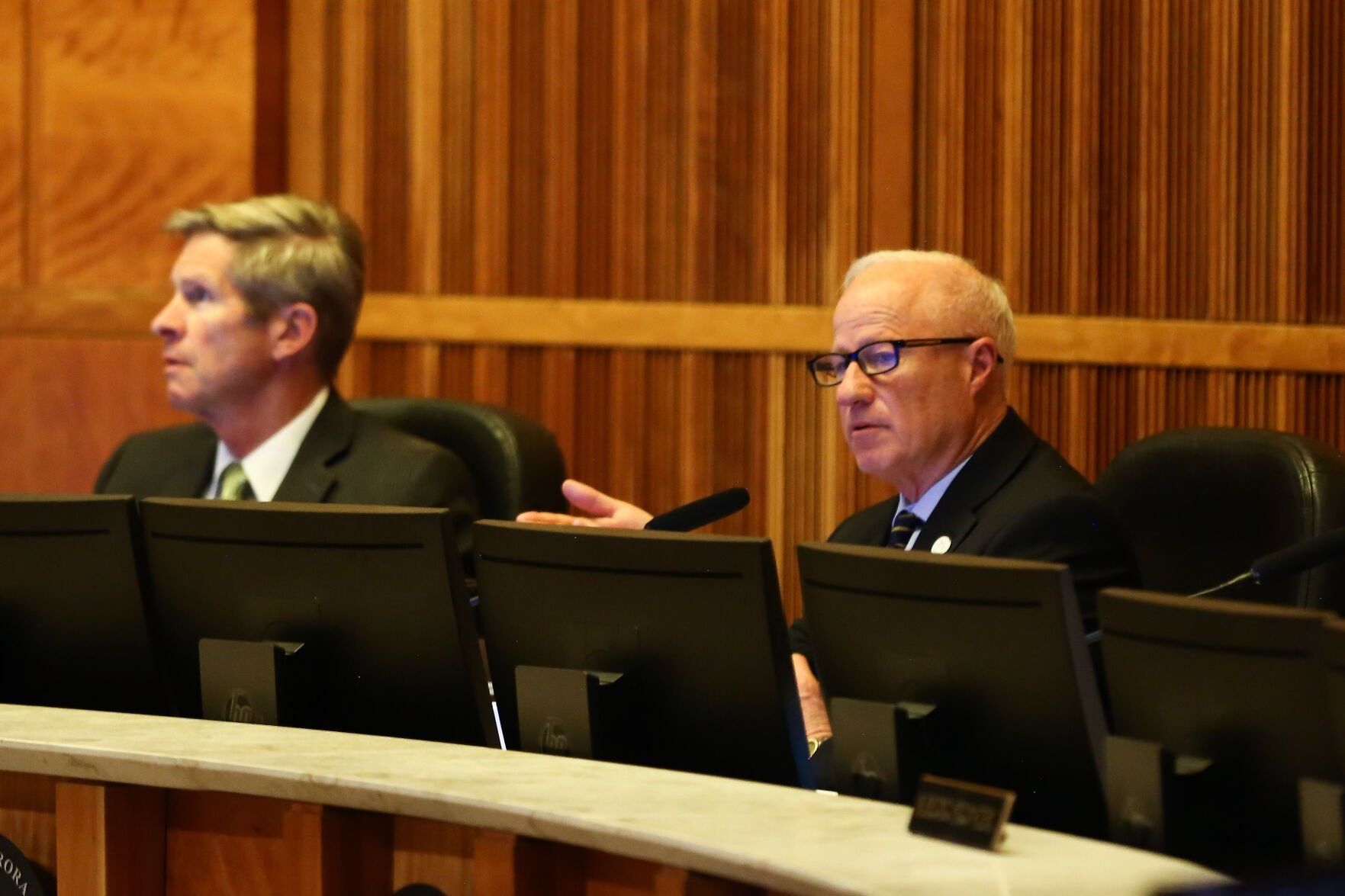
Aurora is facing a $20 million budget shortfall in 2026, and officials plan to balance the budget with cuts, furloughs and money pulled from the city’s recession reserve fund.
The city will not lay off any employees, officials said at the special budget study session with city councilmembers Tuesday night.
City department leaders and other officials presented budget information to the council at Tuesday’s meeting, painting a picture of an Aurora that will be able to balance its 2026 budget if departments make some cuts and it borrows money from the recession reserve fund – which councilmembers set aside for years like 2026.
Revenue in Aurora is increasing, but the city’s expenditures are increasing more quickly due to pay raises, inflation and benefits costs, City Manager Jason Batchelor told councilmembers.
To balance the $1.3 billion budget, officials are looking at $10.2 million in cuts, $1.8 million in new revenue and $8 million from recession reserves.
Overall, there is a $4.6 million addition to the city’s general fund in 2026, all related to public safety, Batchelor said. This includes two new fire stations, new public safety technology, four police positions and re-adding the Office of Police Accountability.
The office was removed when the police department went under a consent decree, but as the decree comes to an end, the department plans to re-establish the office.
A federal grant will cover many of the firefighter positions at the two new stations, which will be in the Aurora Highlands and Blackstone neighborhoods.
Cuts include furlough days, decreasing the recreation subsidy, sending domestic violence cases to county courts and a 25% reduction in travel and training budgets, Batchelor said.
Furloughs, which will not include employees in 24/7 operations like police, fire and 911, will provide about $2 million in budget savings, Batchelor said.
Three vacant court positions will be eliminated, Batchelor added, but nobody will be laid off.
The city plans to use $8 million from a recession reserve, which is about 28% of the full reserve, Batchelor said. This leaves another $19.5 million still available in the bank, and the city would have to pay the used amount back.
“I want to thank (the) council for your foresight in setting that aside,” Batchelor said. “We had some good times budgetarily and you all said let’s set that aside. What goes up must come down and we know there will be a rainy day in the future, and so that foresight has served us well.”
The city will also get $1.8 million in new revenue from dental insurance funds, a contract with Lamar signs and auction proceeds, Batchelor said.
Other departments are increasing fees and making changes to supplement the budget as well.
Cutting domestic violence cases from municipal court is expected to result in $1 million in savings.
Parks, Recreation and Open Space is increasing fees, closed Beck Recreation Center and made other changes that resulted in a general fund subsidy reduction of $1.5 million, Deputy City Manager Laura Perry said.
Aurora’s general fund largely comes from sales tax, which hasn’t increased in 32 years, Aurora Budget Manager Greg Hays said. The city’s property tax also hasn’t increased in 25 years, he said.
In previous budget meetings, officials have pointed to tax raises as another possible way to manage a budget shortfall. They did not discuss the idea further on Tuesday.
According to economic outlooks for the future, the budget looks a lot closer to balanced starting in 2027 and beyond, Batchelor said.
On Sept. 22, the public can comment on the 2026 budget. A fall budget workshop for the council will happen Oct. 4, and an ordinance to adopt the 2026 budget will be introduced to the council Nov. 3. A final reading of that ordinance is planned for Nov. 17.


